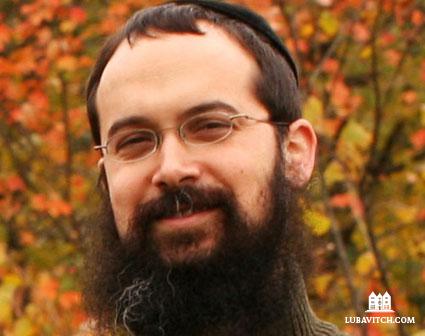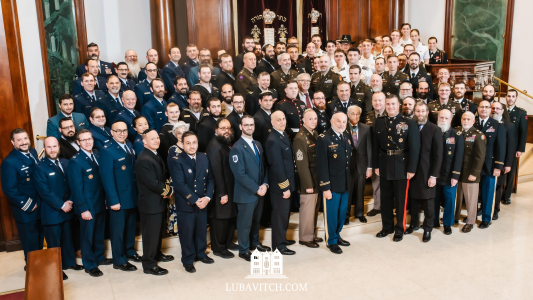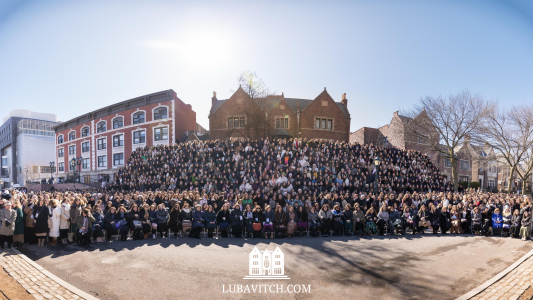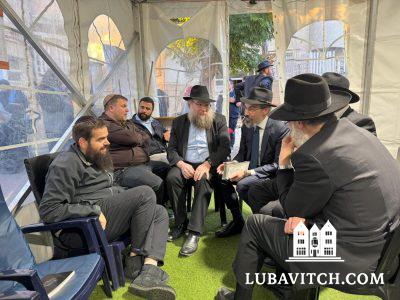Some time ago, a group of people appeared in our Chabad Center on a Friday night; they were new faces, always a nice surprise. Together with a friend—one of our regulars—I approached to welcome them.
The group explained that they were on a synagogue search, as they were unhappy with their present house of worship. Before I could open my mouth, my friend responded, “well, if you’re unhappy, then you’ll fit right in. This is a place for unhappy people; we’re all unhappy.”
Needless to say, I was less than enamored by my friend’s reply, but I laughed it off and called the services to order.
After the services are over, I generally share a Torah thought. In my remarks that evening, I called attention to the brief dialogue that had occurred earlier. I underscored Chabad’s emphasis on joy and a positive attitude, which made it impossible for me to accept a description of my community as being “all unhappy.”
But on further thought, especially in the context of the present Passover state-of-mind, it occurs to me that if unhappiness means dissatisfaction with the status quo, my friend’s comment was rather insightful, and a credit to my community.
We all know that Passover is a celebration of a historical event. Jews were enslaved to Egyptians, and the Almighty effected their miraculous liberation. That’s the Pesach/Seder story line.
But aside from its historical significance, Chabad interprets this entire saga in terms more personal and relevant to the individual. It understands Egypt and the enslavement associated with it, as a state of mind. Egypt (Mitzrayim in Hebrew) is etymologically related to the word for confinement or constraints (meitzarim). Egypt is thus an apt metaphor for self-limiting, self-constricting attitude. And in various ways, each of us is somehow shackled by circumstances real or imagined, that block our way to inner freedom.
Passover is about rising above that state of mind. It’s about finding that strength to break through the barriers that hold us back from our fullest development as human beings with a spiritual purpose. It is about making a transcendent break from the shackles of our inner slavery, so that we are free to reach our full potential.
My friend was right. We are, hopefully, a group of people dissatisfied with the status quo, discontent with life’s shallowness. My friend’s depiction of us as “unhappy people” underscores that we are each restlessly trying to transcend our respective “Egypt.” And this perpetual dissatisfaction with stasis is, paradoxically, the necessary catalyst for real growth: complacency rarely spurs one on to action.
I don’t live in a neighborhood of people who look like me or who lead observant Jewish lifestyles. We may not be identical in conduct. But we’ve got this common denominator that makes us all alike in an essential way: We’re all ultimately dissatisfied with life as it is.
I have the privilege, then, of sharing my life with a congregation of friends and community members who may be described as successful malcontents. To each of us then, the Passover challenge that dares us to transcend the perceived limitations on our growth and achievement is a welcome and liberating opportunity.
Have a wonderful and meaningful season of liberation.
Rabbi Mendy Herson is Director of Chabad of Greater Somerset County, representing Chabad in Hunterdon, Somerset and Union Counties in NJ, and Rabbi of the Chabad Jewish Center in Basking Ridge, NJ where he resides with his wife Malkie and their eight children.










Be the first to write a comment.